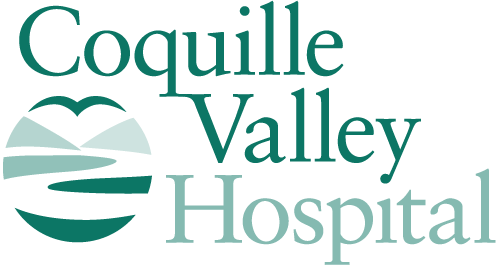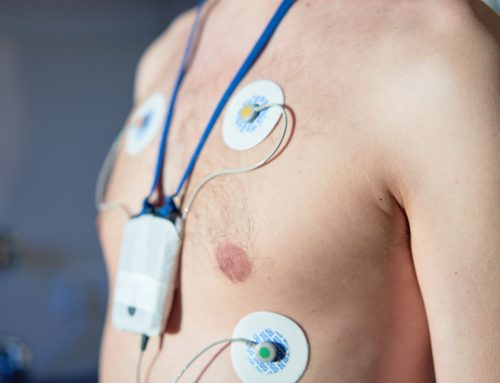What Does It Mean If Your Heart Beats Irregularly?
Published September 24, 2024

Perhaps you’ve been feeling a slight flutter from your heart, one that causes you to catch your breath. You may be feeling it at rest, or while you’re doing physical activity. You may even feel dizziness.
This heart arrhythmia could be an indication of atrial fibrillation, or AFib, and if left untreated, you could be at a higher risk for developing stroke or heart-related illnesses that could be fatal.
The first step is to see your primary care provider for a full healthcare evaluation.
Diagnosis
In addition to the irregular heartbeat, symptoms of AFib can include general fatigue, as well as fatigue when exercising, dizziness, shortness of breath coupled with anxiety, or breaking out into a sweat. If you’ve experienced any of these symptoms, discuss them with your healthcare provider. If you’re feeling chest pain or chest pressure, you could be experiencing a heart attack, so call 911 immediately.
During AFib, the upper chambers of your heart are beating irregularly, preventing blood from being pumped as it would if the heart were beating regularly. In the pooled blood, clots can form, and these clots can be dangerous, especially if they reach the brain, a major cause of stroke.
Your provider may test your heart’s electrical activity with an electrocardiogram, or EKG, to judge how well your heart is performing. Beyond an EKG, you may also be asked to wear a Patch Holter Monitor, a portable device that records your heart’s rhythm and will detect if AFib is present.
Treatment Options
If you are diagnosed with AFib, your provider will map out heart health goals with you, which may include undergoing a procedure to get your heart back into a regular rhythm. Your provider might recommend taking medicine to prevent blood clots, also known as a blood thinner, and minimizing your risk factors for stroke.
These preventive steps can also include lifestyle changes, such as regular physical activity, eating a heart-healthy diet, controlling high blood pressure and reaching a healthy weight. In addition, know the signs of a stroke. You could save your own life!
Subscribe to our monthly emails for Your Well-Being! Get health and wellness tips, hospital news, staff spotlights, career opportunities, our cafe menu and more, sent right to your inbox!
DISCLAIMER: No content on this website, regardless of date, should be used as a substitute for direct medical advice from your primary care provider.




